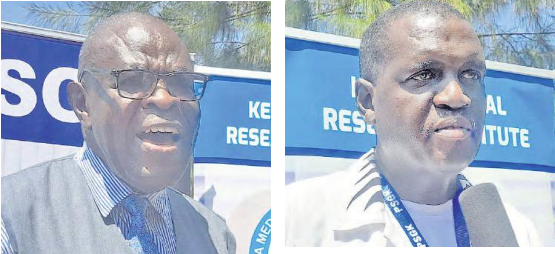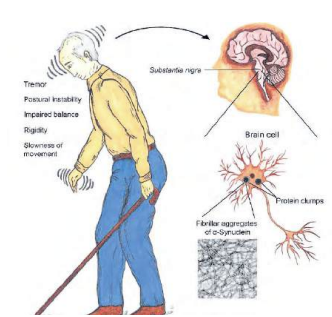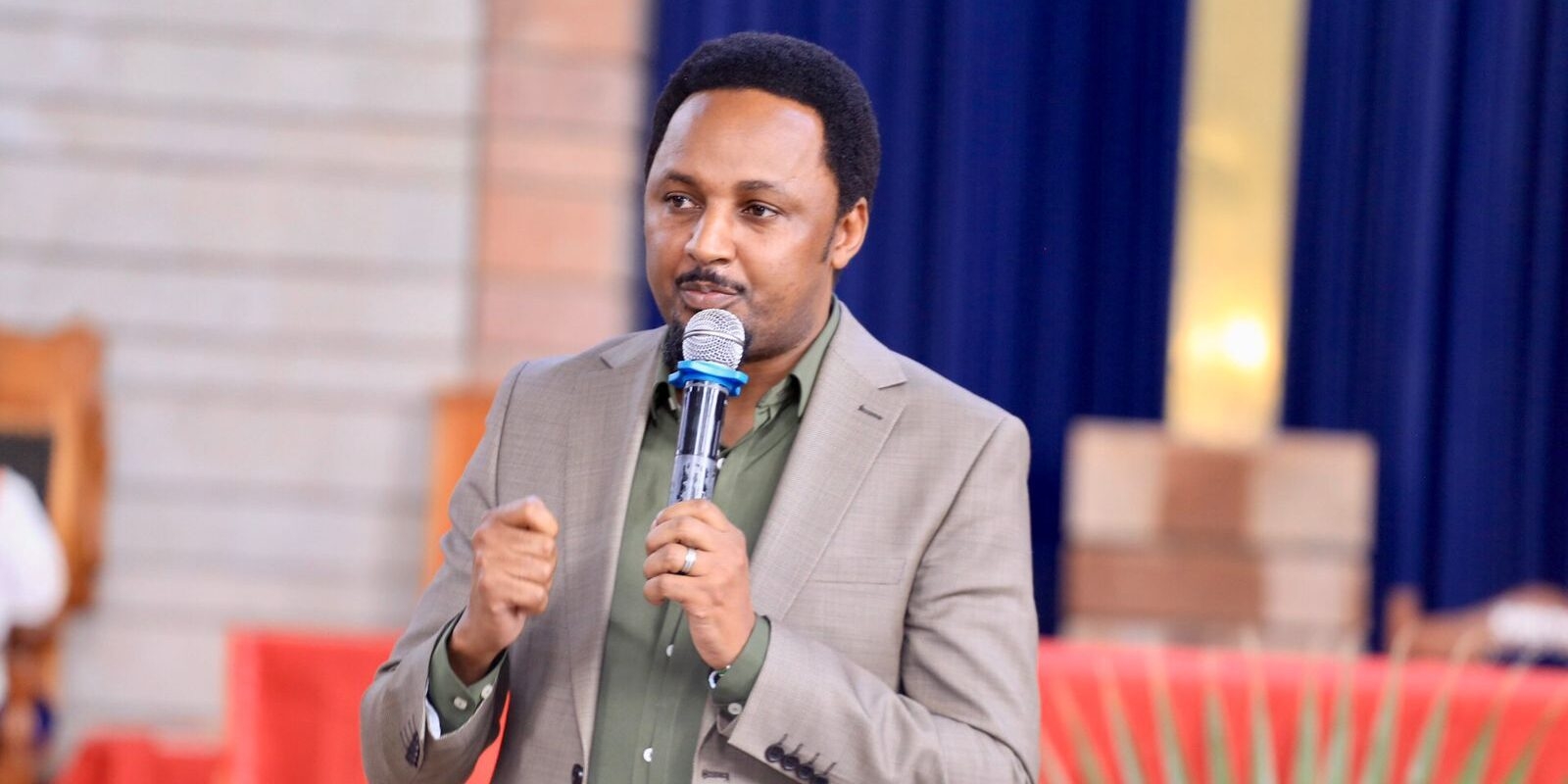

In Kisumu, resilient individuals are tackling one of the most misunderstood health conditions-Parkinson’s disease.
People with the condition suffer stigma and discrimination, including unjust discrimination in the workplace and lack of opportunities to engage and participate in their community.
With proper treatment and support, many people with Parkinson’s can lead normal lives and hold down regular jobs.
A short documentary, Shaking Hands with the Devil, follows wildlife photographer and Parkinson’s patient David Plummer as he travels around Kenya to meet those with PD.
They describe being, marginalised, stigmatised and persecuted.
Led by chairman Richard Oketch, the Kisumu Regional Parkinson’s Support Group is breaking the silence surrounding this neurological disorder.
Though the condition remains largely under-recognised, this community of ‘Parkinson Warriors’ is determined to raise awareness, provide support for those affected and advocate better care.
“Our group is not just about surviving the condition; it’s about living with it,” Oketch told the Star.
Parkinson’s is a progressive, degenerative disorder of the nervous system.
It causes nerve cells (neurons) in parts of the brain to weaken, become damaged and die.
This leads to problems with movement, tremors, stiffness and impaired balance.
There is no cure, but there are treatments and ways to delay the worst symptoms.
Parkinson’s disease can run in families as a result of faulty genes passed to a child by their parents.
But it’s rare for the disease to be inherited this way.
The condition usually takes time to get worse.
Most people with this condition have a normal life span.
In the earlier stages, patients need little or no help and can live independently.
Treatment for Parkinson’s disease may include medication, brain surgery, complementary and supportive therapies, such as diet, exercise, physical therapy, occupational therapy and speech therapy.
Little is available in Kenya.
“I prefer to call it a condition, not a disease, because it is something we work through every day,” Oketch said.
“We are trying to educate the public that it’s not witchcraft and it’s not drunkenness. Parkinson’s disease is real and it affects many people in ways we can’t ignore.”
Oketch, who has Parkinson’s disease, said there are many misconceptions about the condition.
“I was told I was a drunkard or was bewitched but that’s not true. People don’t understand Parkinson’s,” he said.
He encouraged other people to be tested and join the support group.
“Our support group is part of networking and partnership with other organisations that deal with mental issues,” the chairman said.
“We have challenges but seeing many people coming on board to help us work with this condition is encouraging.”
They hold bimonthly meetings in Kisumu, bringing together patients, caregivers, doctors, neurologists and other healthcare providers to discuss the challenges of managing Parkinson’s.
“Our meetings are a safe space for people to learn from each other, meet experts and feel supported,” Oketch said.
“It is a chance to bring everyone together with patients, caregivers and professionals to share experiences and advice.”
RAISING AWARENESS
Parkinson’s disease is more common with age, especially after 60.
Common symptoms include trembling, often starting in one hand or fingers, slowness of movements, muscle rigidity, unstable posture and mental health issues.
Prof Charles Obonyo, a researcher from the Kenya Medical Research Institute, said the problem progresses with age and after age 60, the burden of the disease increases.
He said one of challenges in treating Parkinson’s disease is the lack of a cure.
A lot of research is underway to find a cure.
Treatment is limited to relieving symptoms such as tremors and rigidity, but the availability of necessary medications is uneven and the medicines are costly.
“In Kenya, many people older than 60 are no longer working and may not afford treatment,” Obonyo said.
He said the government needs to implement policies to care for older adults, particularly those who can’t afford medications.
The burden of caregiving is another issue that has not been addressed.
“Most caregivers are informal, unpaid family members who give their time and energy to support those with Parkinson’s,” Prof Obonyo said.
Caregivers mostly lack resources and training and their work is seldom recognised.
“Kenya needs policies that support caregivers and ensure people with Parkinson’s receive the care they deserve,” he said.
Without consistent access to medication and care, many patients struggle alone.
Obonyo also said lack of data on Parkinson’s is a major challenge.
In Kisumu, more than 100 patients are in the support group but the actual number of those who need help is not known.
Kemri, the Jaramogi Oginga Odinga University of Science and Technology and African Population Health Research Centre are researching the disease in the community.
Obonyo said they are screening people older than age 60 to identify those with the disease and link them with treatment.
“We have a clinic at the Aga Khan Hospital that subsidises the treatment, so we connect them to a neurologist at the facility.”
RESEARCH, ADVOCACY FOR CARE
Principal investigator Omondi Dickens from Jaramogi Oginga Odinga University of Science and Technology, is trying to fill the knowledge gaps.
Their research, in collaboration with Kemri and the African Population Health Research Centre focuses on raising awareness, understanding prevalence of the disease and improving access to care.
“We are conducting a community survey in Kisumu and Nairobi to learn how widespread Parkinson’s really is,” Omondi said.
He said many cases go undiagnosed or are diagnosed too late, making it harder to manage it.
“Our goal is to develop a tool for early diagnosis and to ensure patients have access to care throughout their journey.”
The research team is also investigating the readiness of healthcare facilities to provide adequate care.
“We have found that many healthcare facilities, especially the level 4 hospitals, are not well-equipped to manage Parkinson’s,” Omondi said.
“There’s a lack of trained staff and necessary resources. We’re trying to understand how these facilities can be better prepared to care for Parkinson’s patients.”
The study will also help to assess the needs of patients and their caregivers.
“We want to understand the experiences of caregivers, what they go through, what support they need and how we can improve their quality of life,” Omondi said.











